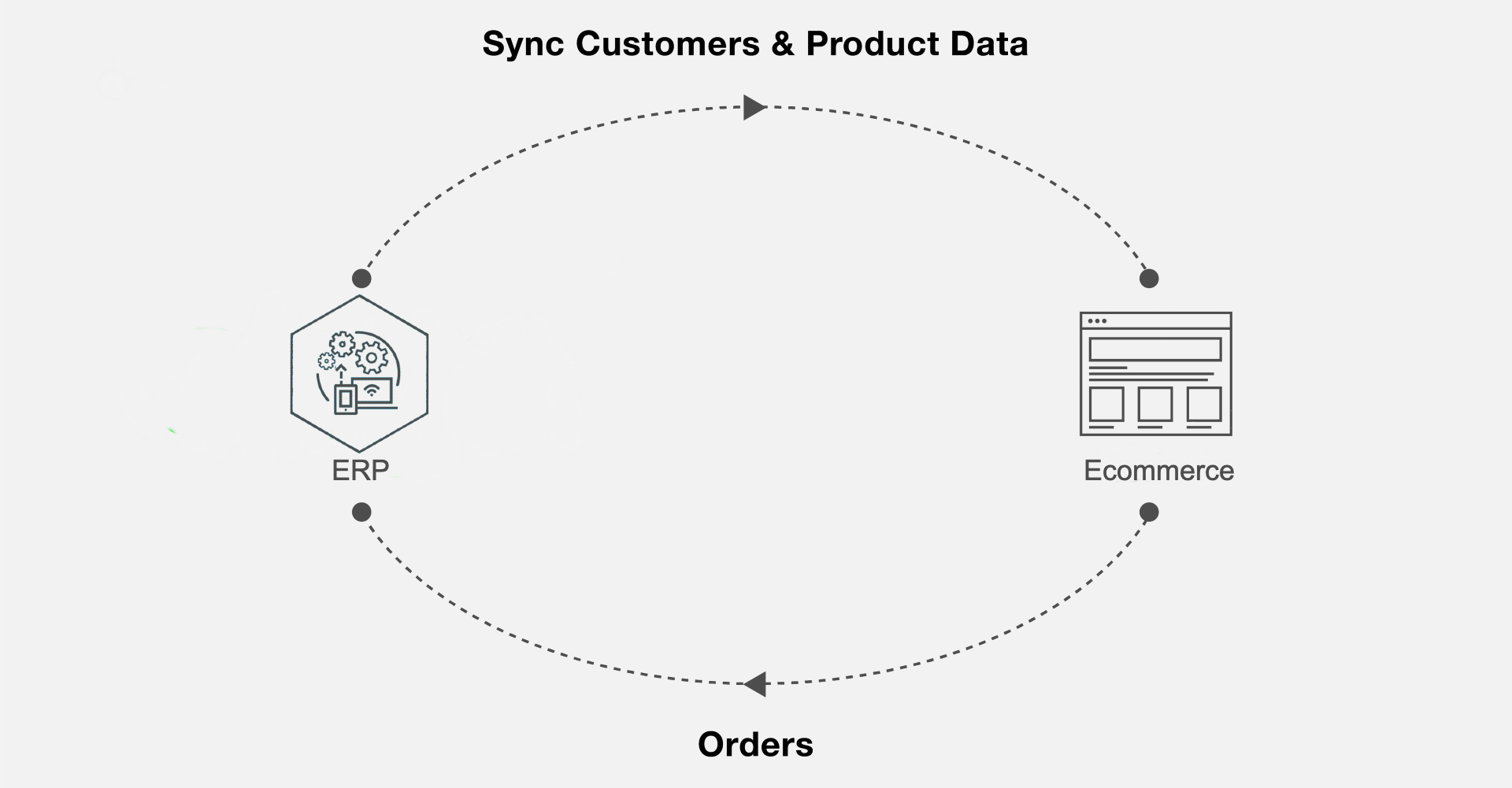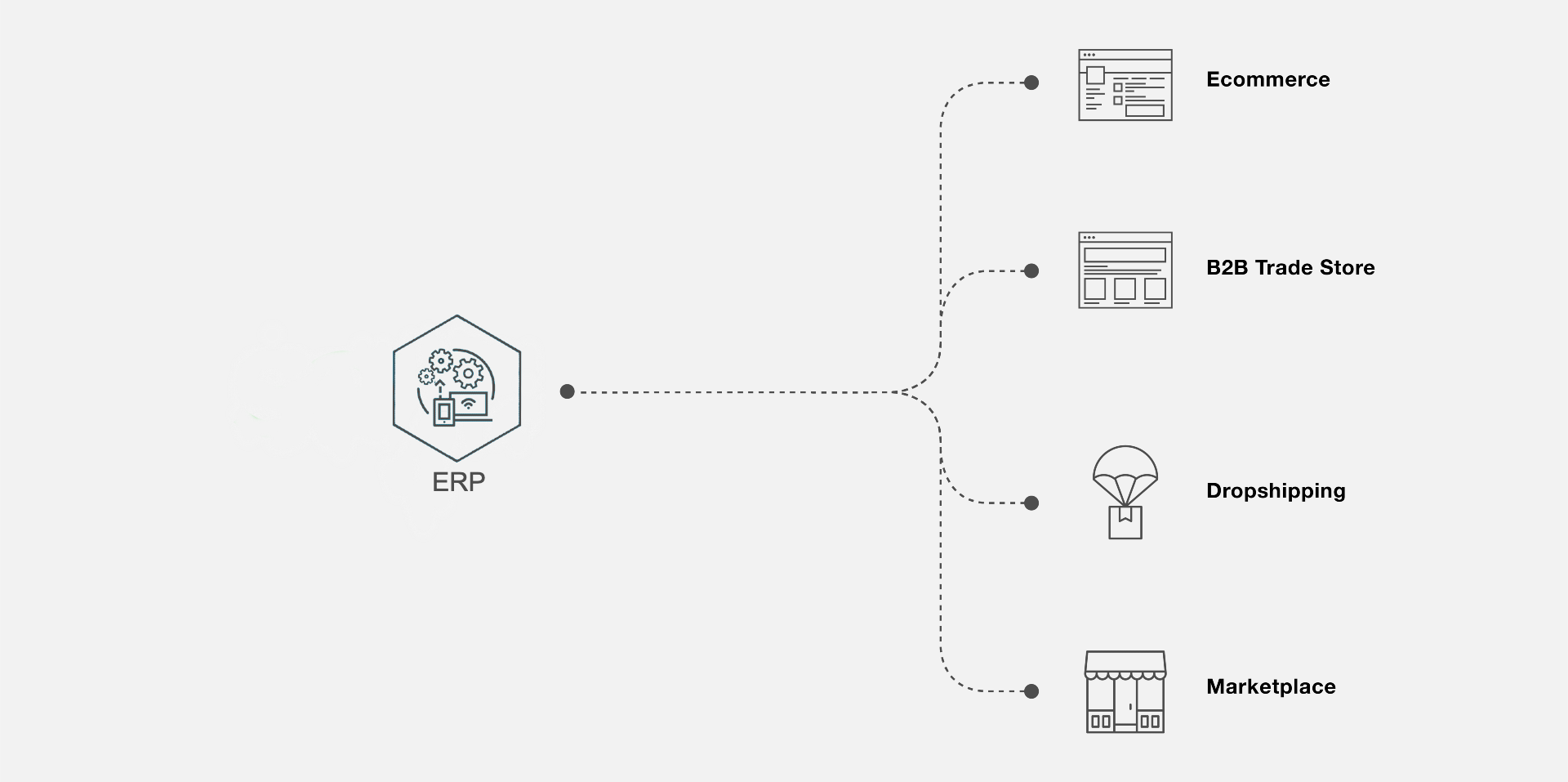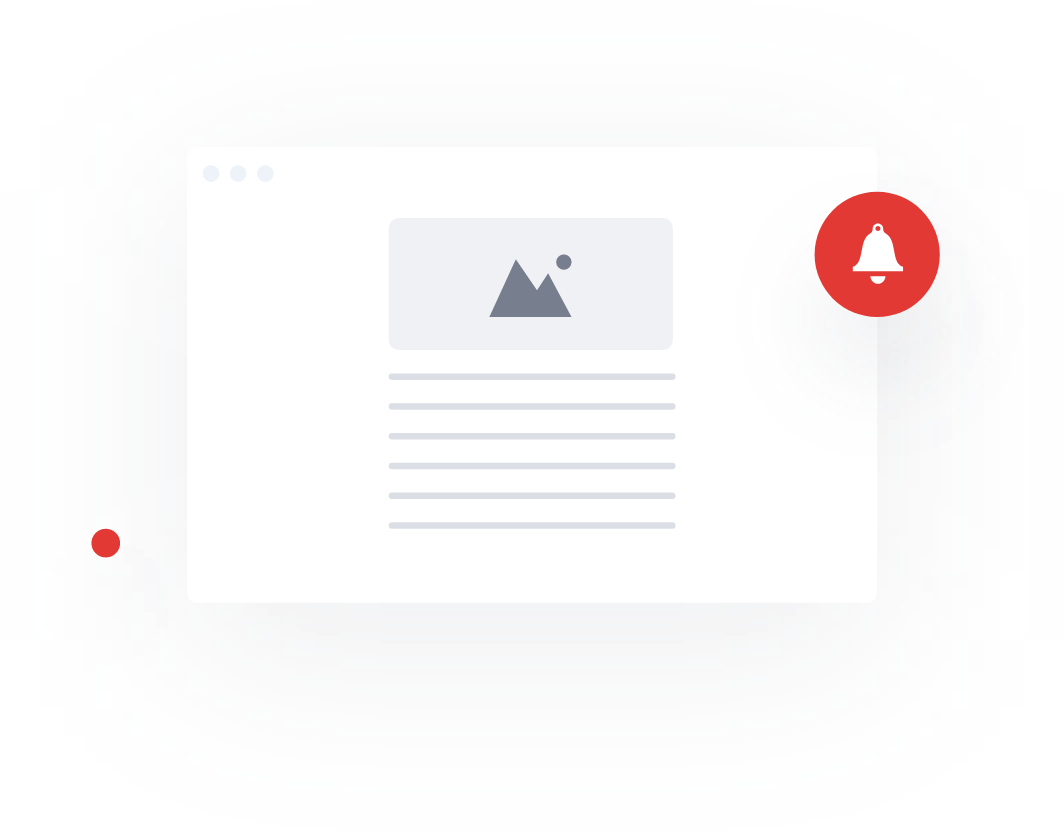Be first to know
Keep up to date with ecommerce news, trends and articles. Brought to you by Stock2Shop.
Sign up todayNoted American technology futurist and business adviser, Daniel Burrus, once said, “Information is power only if you can take action with it. Then, and only then, does it represent knowledge and, consequently, power.” Your ERP contains all of your company’s vital information, and with the right integration tools, you can use that information to power your ecommerce sales channels.
ERP (Enterprise Resource Planning) systems are designed to manage business operations such as inventory, accounting, human resources, and customer relationship management. Your ERP is the brain of your business, typically involved in the management of functions such as finance and accounting, human resources, inventory and supply chain management, customer relationship management, production planning and control, and sales and marketing.
In essence, the primary roles of an ERP is to enable you to make better-informed decisions based on real-time data. There are many ERPs on the market, with some of the more notable ones including SAP, SYSPRO, Sage and Microsoft Dynamics.
An ecommerce sales channel is any digital platform on which services or products are sold. The most common example would be an online store, which is usually built on an ecommerce platform such as Shopify, WooCommerce and Magento, among others. Online marketplaces such as Amazon or Takealot also constitute ecommerce sales channels where suppliers can list their products for sale.
Wholesalers looking to sell online might consider using a B2B Trade Store. This kind of sales channel offers the flexibility required for B2B selling, in that customers can log in to see their pricing and place orders directly into their account. Another useful feature of a B2B Trade Store is that sales reps can use it to place orders on behalf of their customers.
Integration gets systems “talking” to each other, essentially putting your ERP in control of your ecommerce sales channel. This means that whenever important product data (as well as customer data in the case of a B2B Trade Store) fluctuates in your ERP, these changes are communicated to your online store in near real time. In addition, whenever a customer places an online order, it is automatically raised into your ERP as a sales order or invoice.

A company that sells on multiple online platforms will see even greater value in integration because it can control the pricing and stock availability on all of them from the ERP. Furthermore, when a customer purchases a product on one ecommerce channel, the other channels are updated accordingly. For example, imagine you have listed a T-shirt for sale on your website, on Takealot Marketplace and on your B2B Trade Store. A customer then orders one on your website, automating an invoice in your ERP. The resulting reduction in stock availability of T-shirts on your ERP is then communicated to Takealot and your B2B Trade Store within a few minutes, reducing the risk of overselling.

Integration benefits online businesses in the following ways:
Click here for a more in depth explanation of how ERP integration for ecommerce makes for a more efficient, profitable business.
You have a couple of options, depending on which systems you are using and what your budget is. You can either spend a lot of time and money developing a custom-built integration, or you can use a pre-built solution like Stock2Shop to get your systems syncing sooner, at a fraction of the cost.
Our sales team will discuss your requirements and desired workflow before suggesting an integration that will work best for you. They will then take you through a demo of the Stock2Shop console and answer any questions that you may have.
Thereafter, you are transferred to our onboarding team for configuration, testing and a comprehensive training session before receiving access to your shiny new integration. But don’t worry, we don’t leave you to fend for yourself. Our support team is only an email away.
Contact us to find out how you can take action with the information in your ERP, and use it to power your ecommerce business.

Keep up to date with ecommerce news, trends and articles. Brought to you by Stock2Shop.
Sign up todayUnderstanding product data is essential for a successful ecommerce business. Here’s an overview of the most important elements of product data you need to understand.
Read MoreCategorising products correctly is a major pain point for many ecommerce websites. Layered navigation is the solution: find out how – and why – to implement it
Read MoreWant to find out exactly how Stock2Shop can make your business more efficient and streamlined?
Contact Us